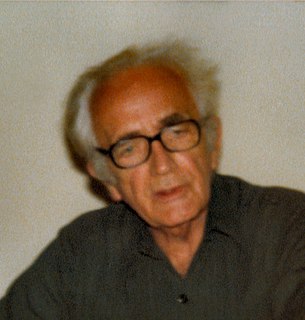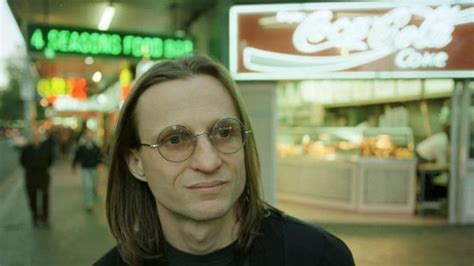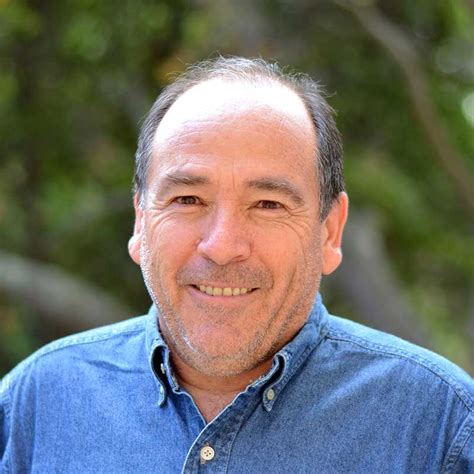A Quote by Aaron Allston
Related Quotes
In high school, I used to draw on my arms with a Sharpie. I knew I was gonna have a lot of tattoos. I'm not exactly classified as an artist, so my drawings could only go so far as I could take 'em. Now my tats are all a story: There's not one I can remember where I got a tat just to get a tat. It's all a part of me. I don't think I'm finished yet.
What makes globalization even possible in the first place? One answer would be that it requires the regularization of some kind of media and communication infrastructure. When you have that, you might get globalized economic trade within some political or imperial framework, but it is likely you'll get transnational cultural flows as well. Globalizing trade can lead to a cosmopolitan culture, but also to all sorts of nationalistic or racist or patriarchal reactions to those as breaches of imaginary communities.
To some, a cap-and-trade system might sound like a neat approach where the market sorts everything out. But in fact, in some ways it is worse than a tax. With a tax, the costs are obvious. With a cap-and-trade system, the costs are hidden and shifted around. For that reason, many politicians tend to like it. But that is dangerous.
I bailed out on social media for a while, and in short order I found I was able to sit down and read a book again. For the first time in a couple years I could read more than three pages without my brain wandering off into the ether. I drew a direct causal line between all this sort of ratta-tat-tat staccato stimulation that we get from the Internet and my growing inability to sit down and read anything that was longer than 500 words. But for me it came back because those synapses were already latent in my brain.







































